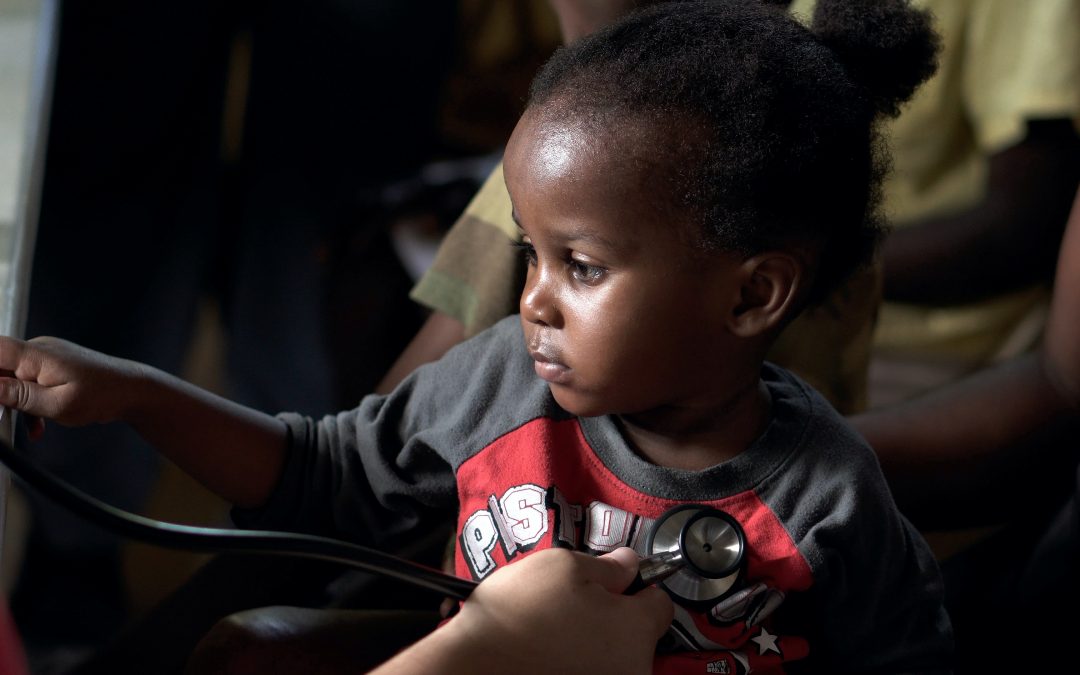When to test for Prader-Willi syndrome (PWS)
We often hear from parents and doctors, who ask us at what stage they should suspect a diagnosis of PWS and how to obtain a diagnosis. Here are some of the early signs. For greater detail please visit our What is PWS webpages.
Diagnosis of PWS in a newborn child
Newborns with PWS are born with very low muscle tone resulting in a floppy baby (hypotonia), they cannot suck strongly and as a consequence often need tube feeding for days or weeks. As babies they rarely cry and they sleep much of the time, boys usually have undescended testes. Subsequently there may be a failure to gain weight and grow and developmental milestones may be delayed.
PWS in a young child
Children with PWS will have mildly delayed general development (both motor and cognitive development), without additional growth hormone their height will fail to develop as expected and they have small hands and feet. During the first few years of life they develop a striking interest in food and will eat excessively. Without access to food being controlled severe obesity will arise. On starting school evidence of intellectual disabilities may become apparent with the child requiring extra educational support.
PWS in an adult
An adult with PWS will have the early history as described above. If they have not had a diagnosis of PWS the following common symptoms in an adult should suggest PWS and the need for a genetic test. These may include (amongst many other symptoms), growth deficiency and short stature (in the absence of having had growth hormone as a child), they are likely to have delayed sexual development with the absence or reduced menses in women and limited or absent secondary sexual development in men and women, severe and at times extreme obesity due to hyperphagia (excessive drive to eat) if access to food has not been limited, scoliosis (S-shaped curvature of the spine), intellectual disability, and often a history of temper outbursts, repetitive and ritualistic behaviours, and occasionally severe skin picking.
What causes PWS?
PWS is caused by the presence of a genetic abnormality involving chromosome 15. The commonest cause is the loss (deletion) of a small part of the copy of chromosome 15 inherited from the father, the copy of chromosome 15 inherited from the mother is normal. The second commonest cause is when both copies of chromosome 15 are inherited from the mother and the father’s copy is missing (this is called a maternal uniparental disomy or UPD). There is also a third much rarer cause which is called an imprinting centre defect.
How to diagnose PWS?
If the above clinical features are present and PWS is therefore suspected to confirm PWS it is recommended to conduct a DNA methylation test. This will confirm the presence or not of the two main forms of PWS but will not tell you which of the genetic types of PWS the child has. Further tests will be required for this.
The neonatal symptoms are key and an adult who is overweight, with apparent hyperphagia and learning disabilities is unlikely to have PWS if the neonatal symptoms were not present in their early life.
How to access diagnosis for PWS
The genetic tests that are required are not always available locally depending on the expertise in the nearest genetic laboratory but your doctor should be able to access this test for you. Where possible a discussion with a clinical geneticist is recommended to help parents make sense of the findings and to direct them to information about PWS (such as the IPWSO website) and also to a paediatric clinic for further support and guidance.
If the test is not available in your country then please direct your doctor to access IPWSO’s free diagnosis service.

